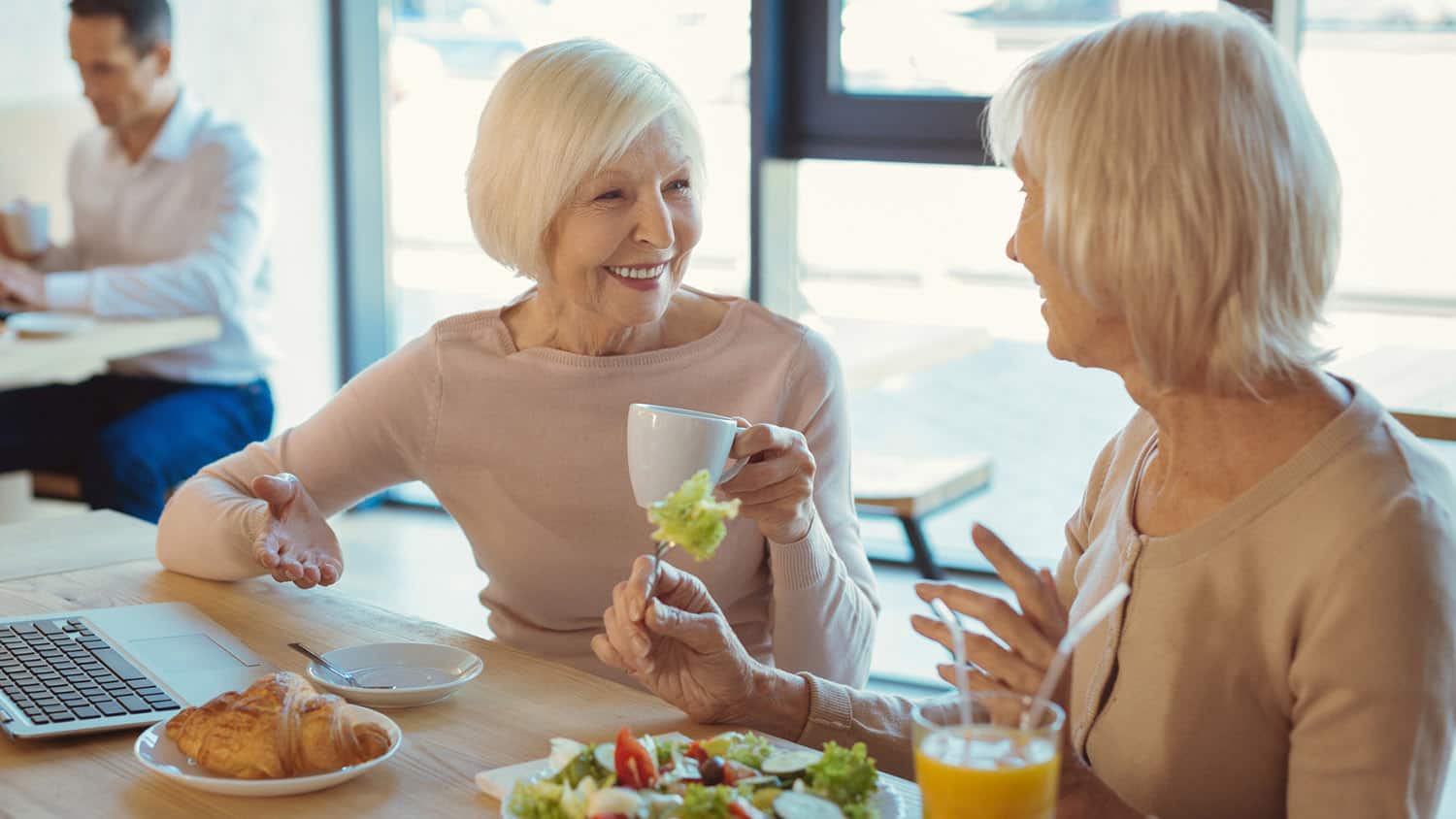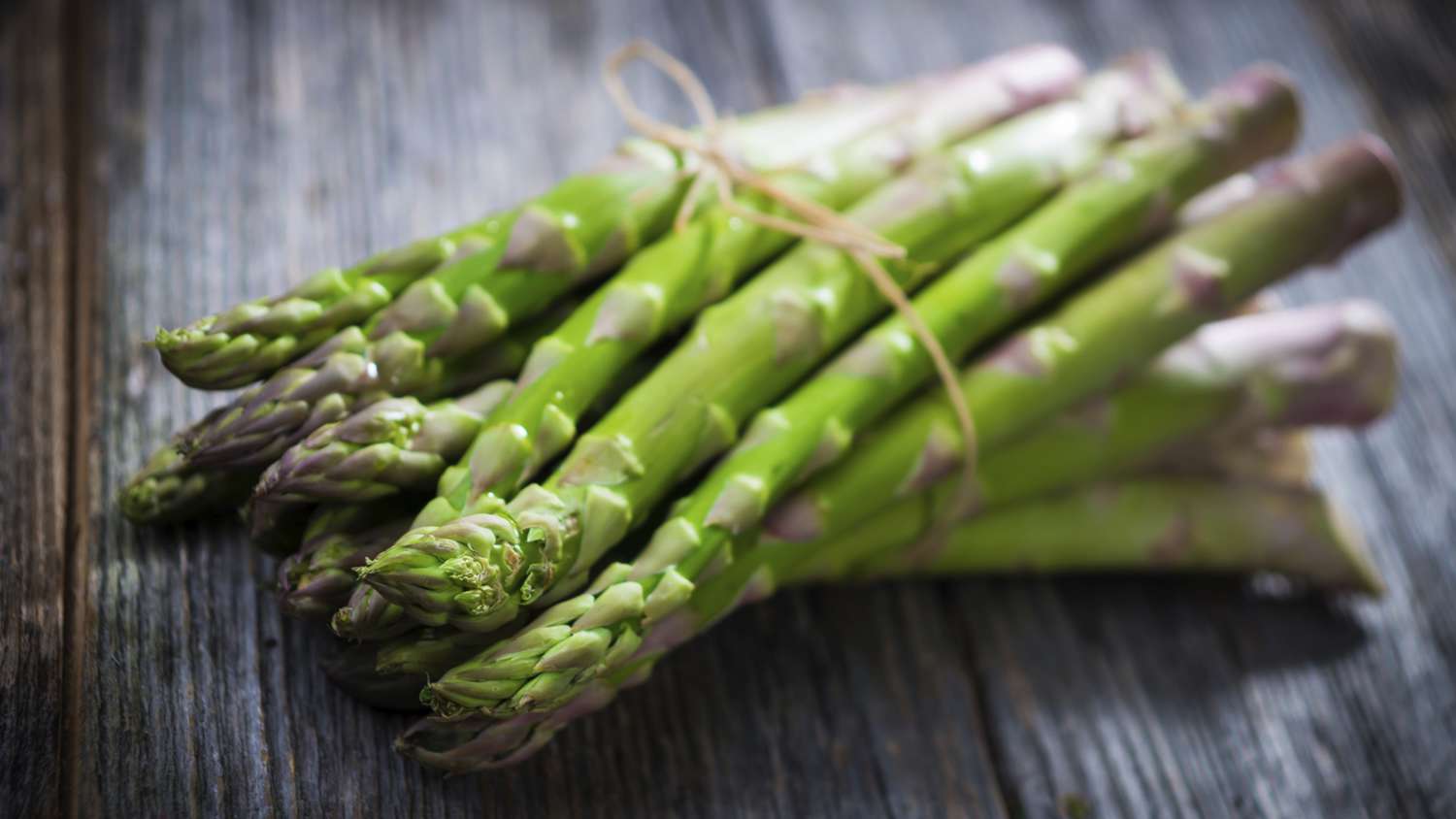
The Secret Life of Weight Obsessed Women
Most people think it’s just skinny 16-year-olds that develop anorexia nervosa and teenagers of all sizes that develop bulimia. ED (eating disorder) is a restless lover, attracted to potential lovers of all ages. And he’s made great inroads with women in midlife and beyond who are obsessed with their weight.
According to the International Journal of Eating Disorders, 13% of women over the age of 50 engage in eating-disordered behaviors. That’s about the same number as teenagers who show patterns of disordered eating.
So, do you think about food too much? Do you shy away from looking at yourself nude in the mirror? Do you use food to cope and self-soothe? Is your self-worth tied to the needle on the scale? Do you think your life would change for the better if you were thinner?
Weighing in on ED
The media and our culture promote a feeling that our bodies are not good enough – we need flatter tummies, firmer breasts and tauter arms.
We live in a time when being thin is equated with moral superiority. And we have an unhealthy attachment to the needle on the scale – often equating our weight with our self worth.
I have a vested interest in the topic of bulimia because I spent 46 years of my life bingeing and purging nightly. The dictionary definition of bulimia is “a constant craving for food; a serious eating disorder that is characterized by compulsive overeating usually followed by self-induced vomiting.”
That aptly describes my behavior – it was just what I did to reward myself at the end of the day for getting through the day – with grace, dignity and ‘perfection.’
There was also a plethora of things I wasn’t doing during that span of decades. I wasn’t:
- Distinguishing between emotional and physical hunger.
- Able to self-soothe.
- Attuned to the triggers that set off a binge.
- Developing coping skills, working through dilemmas or refining tools of anger management.
- Aware of the concept of Intuitive Eating – eating what your body naturally hungers for.
Dr. Cynthia M. Bulik in her book, Midlife Eating Disorders, notes there are three common scenarios of disordered eating in older women:
- Those who had an eating disorder in adolescence and got better, only to relapse in later life.
- Those who develop an eating disorder for the first time in later life.
- Those, like me, who are chronically eating-disordered women.
Gaining Perspective
In my book, The Secret Life of a Weight-Obsessed Woman – Wisdom to Live the Life You Crave, I explore my journey, beginning with falling into the abyss of bulimia as a sophomore in college to its abrupt end of destruction six years ago.
I talk about what it feels like to hide a shameful secret, to know your outside is out of sync with your inside. To know you are living a lie and presenting a fraudulent front to the world.
I talk about facing my addiction, re-learning healthy habits and sharing my shame-filled behavior with those I love most. And I talk about the toll my addiction had on my first marriage and how it almost destroyed my second.
I explore the triggers most identified with an uptick in disordered eating patterns in women in mid-life and beyond. And there are many, including the death of a loved one, empty nest/boomerang kids or care-giving pressures.
Other triggers include aging and declining health issue, retirement or job loss, divorce, geographical distance from family and friends or financial woes and pressures.
Going Forward
Seeking professional help when a problem is too tough to handle is another key component to a zestful, engaged life. My own therapeutic treatment helped me take the steps to break free of my lover ED.
Professional help allowed me to look at food as nourishment to fuel my body, not my soul. Professional help taught me how to utilize the love and support of my family and friends to propel me toward greater emotional and physical wellbeing.
There is certainly no crime in wanting to look the best that we can – at every age. And that is still very important to me, too.
The challenge for us all, as we grow older, is to find healthy ways to stay vibrant and attractive. If by chance, we are challenged in that process and fall into addictive, self-destructive patterns of behavior, we must know we are not alone.
Treatment centers, websites, psychologists and books offer a pathway out of the hell of an eating-disordered world.
Most of all, I want my story of bulimia – my journey and my recovery – to act as an inspiration to anyone with something in their life that is preventing them from operating at full throttle.
My experience illustrates that we can be our own agent of positive change. We can unyoke the harness and break free of the chains to reach a state of equilibrium. Recovery is possible – at any stage and at any age. We just need to reach out for help. And hold on tight.
Further read, HAVE YOU HEARD? THERE’S A NEW CUTTING EDGE WEIGHT LOSS TREND.
Let’s Have a Conversation:
Have you or someone you know dealt with an eating disorder? What did you do to recover? What is some advice you can offer? Please share your experiences and insights below.
Tags Healthy Eating







Sadly, so true. In my circle of besties and siblings, many alternately binge/starve, or are bulimic, anorexic, or overweight—and many of these beautiful ladies are also now at a mature age, alcoholics or prescription pill addicts. Our bodies are our own. Our bodies are so precious. Never let someone who isn’t living in that body make you feel badly about this miraculous vessel in which you live!
Right on LadyVan!
Sadly I have developed an eating disorder. It doesn’t fit it to any category & I am unable to get any help. It was after a trauma & now two years on.
I can only eat three things & they are specific. So I have the added worry of running out – so I now hoard them.
One day maybe something will unlock my brain & enjoy food again. Until then I can only hope.
You should be able to get on line therapy with an eating disorder therapist; many only do online now.
Please please try therapy